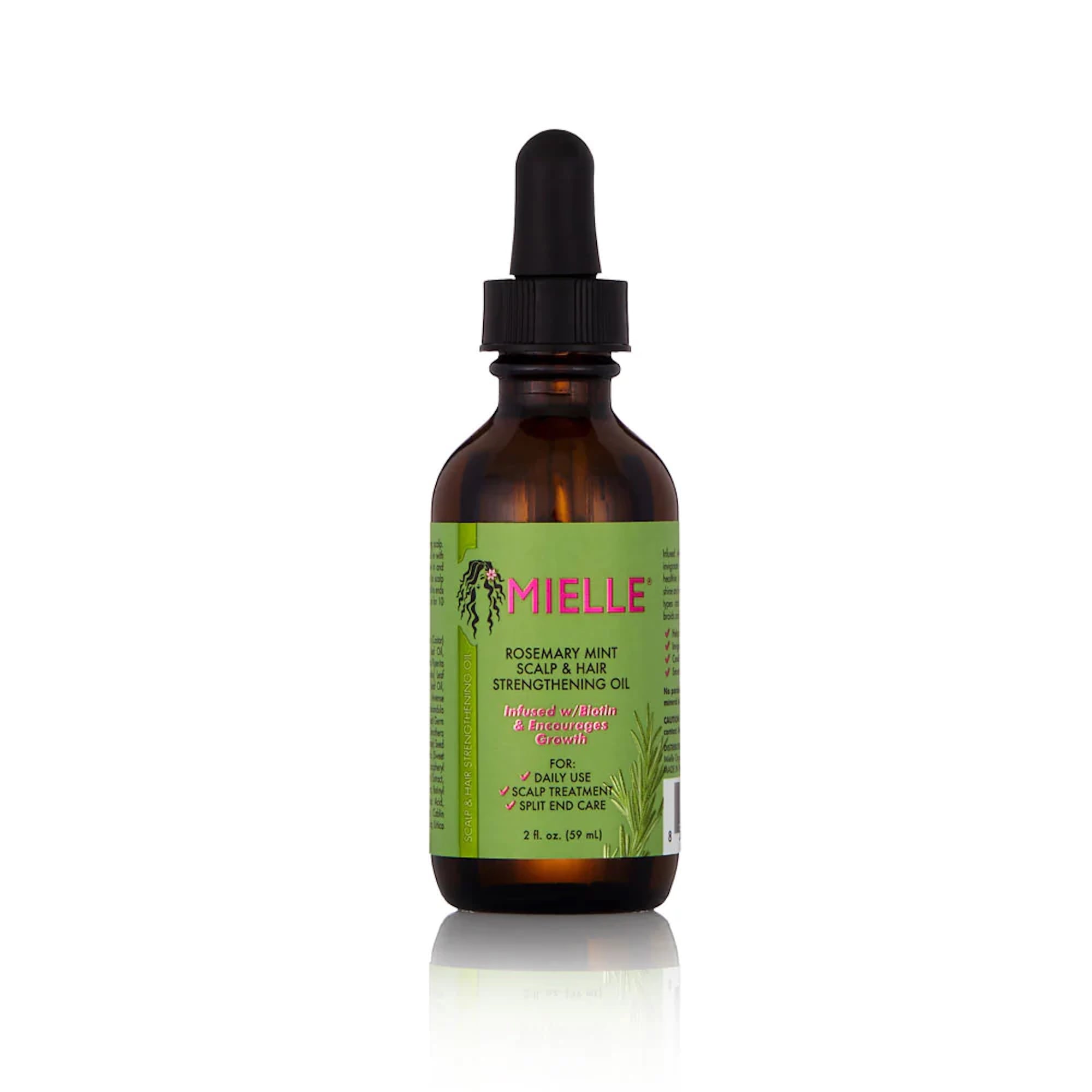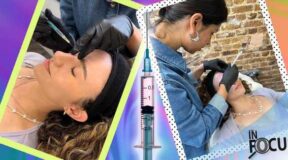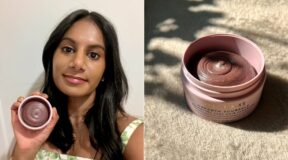this & more linked in bio 🤍🫶🏼 #amazonfinds #2022products #rspartner
If you’ve been on social media recently, you’ve probably heard people sharing their opinions on influencer Alix Earle recommending the Mielle Organics Rosemary Mint Scalp & Hair Strengthening Oil ($10), who said she had seen tremendous hair growth after only a month of use. TikTok user Jianna Ewuresi broke down the root of the issue, explaining that some people are upset because this particular influencer has amassed enough of a following to where all she has to do is passively mention a product and it will sell out almost immediately. She did just that: after co-signing the oil, it went viral and quickly became difficult to find in stores.
Black women in particular have made it clear that they hope the brand does not plan on reformulating, give up ownership to a white-owned company, or start catering only to their newer, white audience. At least in some part, those fears turned to reality: P&G just announced its acquisition of Mielle Organics on Jan. 11. (We reached out to the company’s CEO Monique Rodriguez for comment and a representative responded with a link to an Instagram post, which stated that they “remain forever committed to developing quality, efficacious products that address the need states for our customers’ hair types”).
Here’s the thing: the fatigue of finding a Black-owned brand that you love and feeling like it’s “selling out the community” is real. It happened when Shea Moisture sold to Unilever and then again when Carol’s Daughter sold to L’Oreal USA. Aside from what these acquisitions meant for the fiscal health of each company, optically it started to feel like there just can’t be a popular hair-care company owned by Black people, for Black people. But like some of the aforementioned brands, Mielle Organics’s products were not only created for Black or natural hair, but they absolutely were marketed toward Black people.
The brand itself describes the rosemary oil as being “formulated for all hair types and textures.” However, given the company’s history and the fact that it was founded based on Rodriguez’s own experiences with her natural hair, it makes sense it would become synonymous with hair care for Black women. Still, that doesn’t mean that these products would never work on other hair types; it’s just that the marketing experience, for once, finally centered on Black women, and that was a breath of fresh air.
What Mielle Organics and many other Black-owned hair-care companies do that makes them stand out is cater to a marginalized group of people that have a tremendous amount of buying power while selling efficacious products, and they do it the first time around. (It’s true: a 2017 Nielson study predicted Black buying power to be upwards of 1.5 trillion dollars by 2021, with no signs of slowing down.) All this controversy really points to is the fact that the hair-care industry still has a long way to go if it wants to be truly inclusive of Black women with kinky/coily hair types.

Even with the strides that have been made in the beauty industry, horror stories about Black celebrities or models having their hair mishandled while at work are still all too common. The lack of regard for kinky and coily hair is apparent even in the texturism that is rife within the natural hair community. It becomes even more so if you take a closer look, or consider the lack of Black actors that actually have their naturally kinky hair styled in different ways on TV.
The reality is, Black women have a lot more options in the hair-care market than they probably even realize. The Mielle oil is just a rosemary hair oil with biotin in it. You can simply google those keywords and you will find options that have almost the exact same ingredients (prime example: the Difeel Rosemary and Mint Oil ($10) can be purchased on Amazon right now).
However, building trust and brand loyalty shouldn’t be up to the layperson on social media — not when companies have million-dollar budgets allocated for that exact task. Brands like Mielle Organics, Carol’s Daughter, and Bread Haircare have made it a point to not only prove how their products can work for Black hair types, but to center the experiences of Black women in their storytelling, and they have the success to prove that this method works. Black women are not an afterthought. It’s time for the rest of these brands to catch up.
Source: Read Full Article




